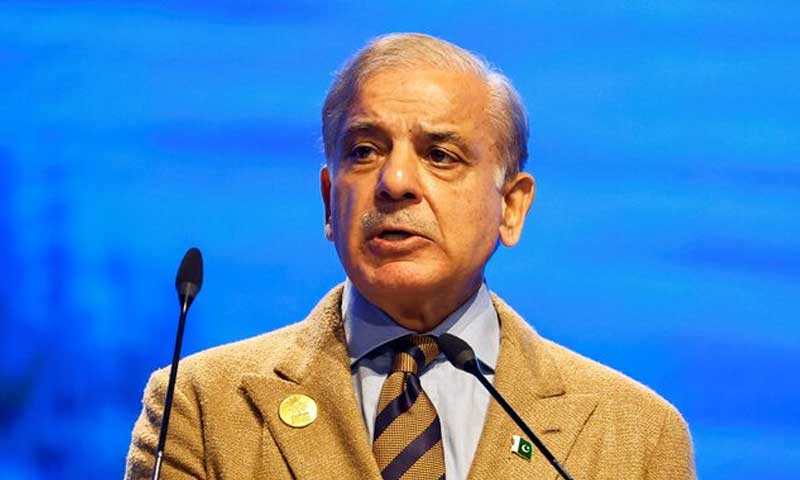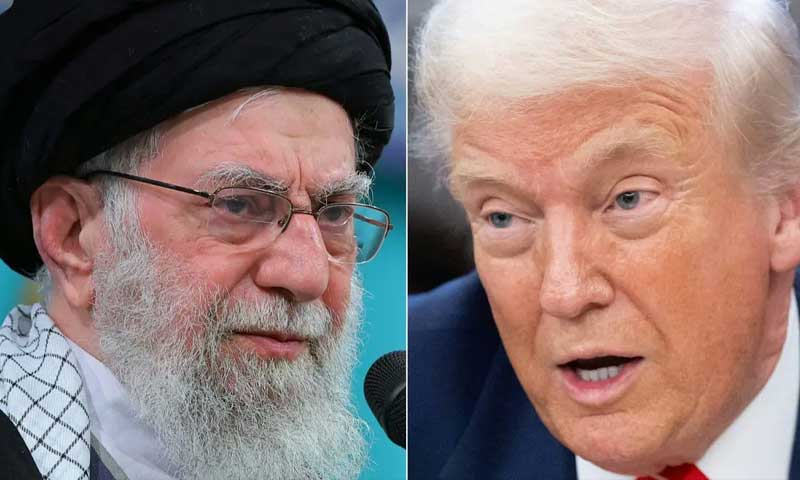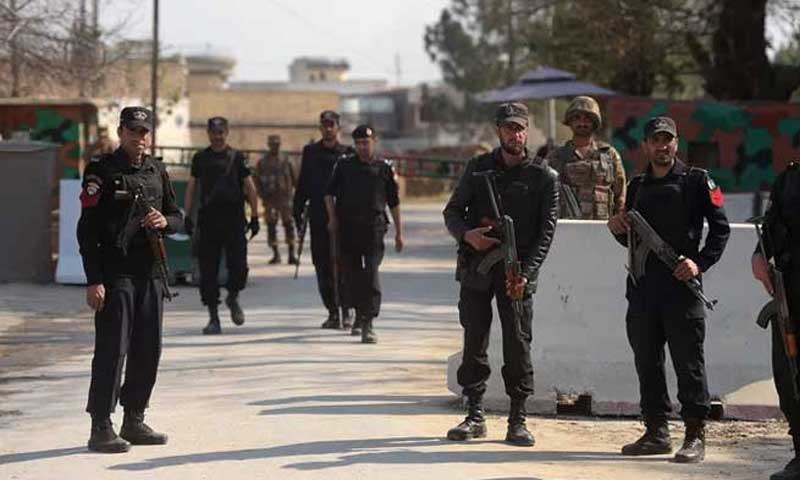- Web Desk
- 1 Minute ago
Pakistan, Afghanistan agree to immediate ceasefire
-

- Web Desk
- Oct 19, 2025

DOHA/ISLAMABAD: Pakistan and Afghanistan agreed to an immediate ceasefire following high-level talks mediated by Qatar and Türkiye, according to a statement from the Qatari Foreign Ministry.
The agreement, initially announced late on Friday, includes commitments from both sides to respect each other’s territorial sovereignty and work toward a long-term peace mechanism aimed at ending persistent border tensions.
The Foreign Ministry in Doha noted that both countries have pledged full efforts to maintain the continuity of the ceasefire.
Pakistan’s Defense Minister Khawaja Asif also confirmed the development, calling it a “great success” for the country. He said that the agreement would lead to an immediate halt to terrorist activities originating from Afghan territory and pledged that both nations would uphold each other’s territorial integrity.
Further diplomatic engagement is planned, with detailed follow-up discussions scheduled for October 25 in Istanbul.
MAJOR BLOW TO MILITANT GROUP PRECEDED CEASEFIRE
Security officials in Pakistan also reported a significant counterterrorism success that likely influenced the timing of the ceasefire. According to officials, the Pakistan military carried out targeted operations against the foreign-backed Gul Bahadur militant group, killing more than 70 fighters, including several high-ranking foreign commanders. Information Minister Attaullah Tarar also confirmed the operation.
Among those killed were key figures such as Farman alias Al-Karamah, Siddiqullah Dawar, Ghazi Madakhel, Muqarrab, and Qasmitullah. Other militants confirmed dead include Gulab alias Deewan, Rahmani, Adil, Fazlur Rehman – a close relative of group leader Gul Bahadur, and Kharji leaders Ashiqullah alias Kausar and Yunus.
“These were critical figures involved in cross-border terrorist incidents,” a senior security official said, adding that their elimination marks a “major success” in the fight against terrorism.
On October 17, the same group reportedly attempted a failed attack in the Khadi area of North Waziristan, which resulted in the deaths of three women, two children, and a young man. The brutal incident further escalated public and military pressure for action against militant hideouts operating from Afghan soil.
REGIONAL AND INTERNATIONAL REACTIONS
Qatar and Turkey, both of which played key roles in brokering the ceasefire, expressed deep gratitude to what they described as “two brotherly nations” for choosing the path of dialogue over conflict.
The ceasefire comes after months of rising tensions and cross-border violence that had threatened to destabilise the region further. While analysts remain cautious, the agreement is being viewed as a hopeful step toward regional stability.
LOOKING AHEAD
All eyes are now on the upcoming meeting in Istanbul, where delegations from both sides will discuss further steps to consolidate peace, address cross-border terrorism, and build lasting cooperation. While challenges remain, the current momentum offers a rare opportunity for both countries to reset their relationship in pursuit of lasting peace and regional security.




